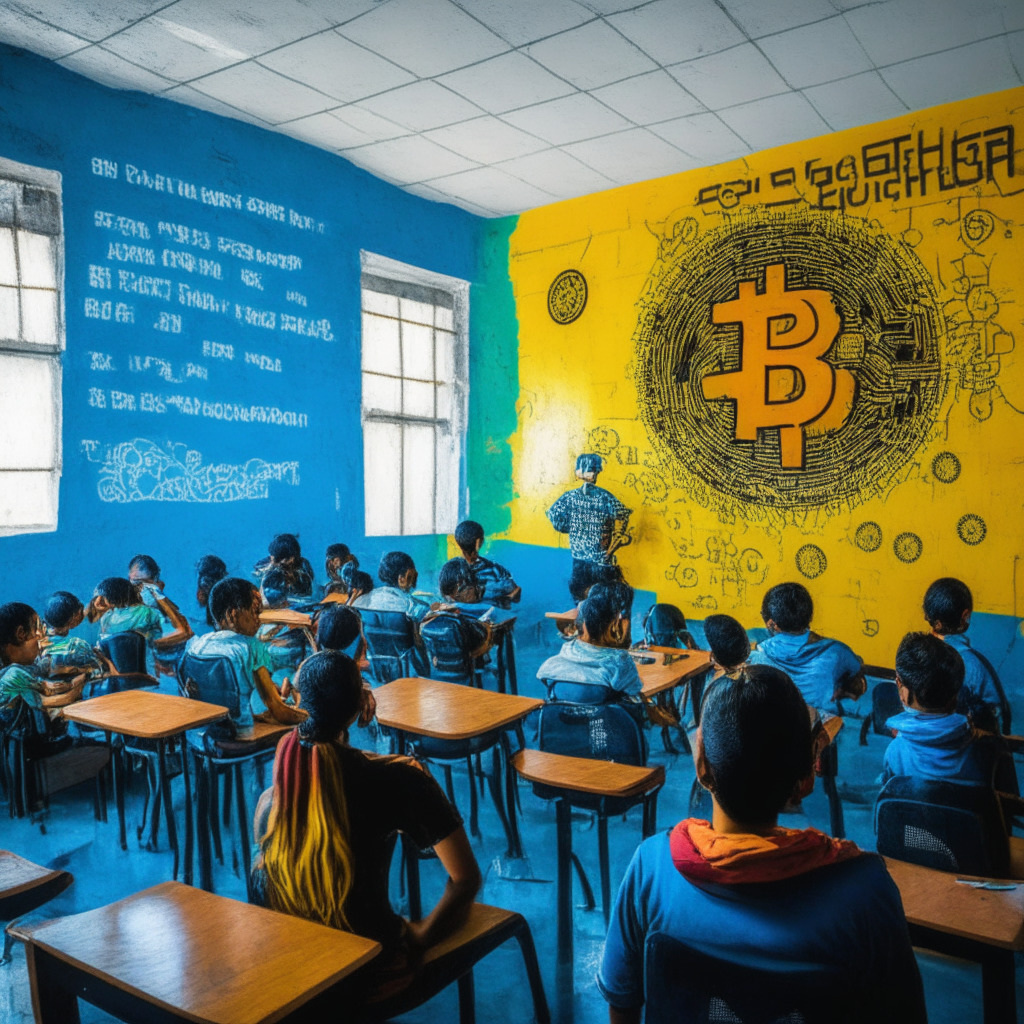In a remarkable stride in the realm of cryptocurrency education, El Salvador is all set to incorporate Bitcoin learning programs into their school curriculum by the year 2024. In a significant partnership with the non-profit, non-governmental organization Mi Primer Bitcoin/My First Bitcoin (MPB/MFB), and the Ministry of Education of this Central American nation, a dedicated segment of the syllabus will be dedicated to the understanding of cryptocurrencies, particularly Bitcoin.
John Dennehy, the founder of MPB, revealed that they are assisting the Ministry of Education in this endeavor along with Bitcoin Beach. In an effort to propagate a “base knowledge” of Bitcoin among the young minds, a pilot training program will commence on September 7. Approximately 150 public school teachers from 75 schools will receive training. These trained educators will then go back to their respective institutions to disseminate the knowledge to their students using the curriculum laid out by the Ministry of Education. If the pilot stage proves successful, it is expected to spread across all schools in the country next year.
Dennehy affirmed that as the pioneer nation to adopt Bitcoin, El Salvador has a responsibility to set a positive example. Beyond its national borders, the organization is also considering the expansion of Bitcoin education worldwide. On that note, MPB is reportedly in preliminary discussions with two other Latin American governments. They are keen on implementing the El Salvadorian style of Bitcoin education in their territories.
However, despite the promising advancements of crypto-literacy, there are also certain concerns to be considered. For one, as the world stands with bated breath watching the evolution of El Salvador’s daring financial experiment, the prying eyes of hackers and cybercriminals are not far behind. With the widespread adoption of Bitcoin and other crypto assets comes the inevitable risk of fraud and cybercrime. Ensuring the security of the user’s digital assets will hence be a paramount concern.
Moreover, the legality and regulation of cryptocurrency are still a grey area in many regions of the world, making this venture a precarious one. Without uniform crypto regulations, both centralized and decentralized crypto trading platforms have stumbled in implementing comprehensive know-your-customer measures.
On balance, while the move appears to be a significant stride towards a more crypto-literate world, it nevertheless presents a multitude of challenges. Only time will tell if other countries will follow suit in this innovative approach to education.
Source: Cointelegraph




